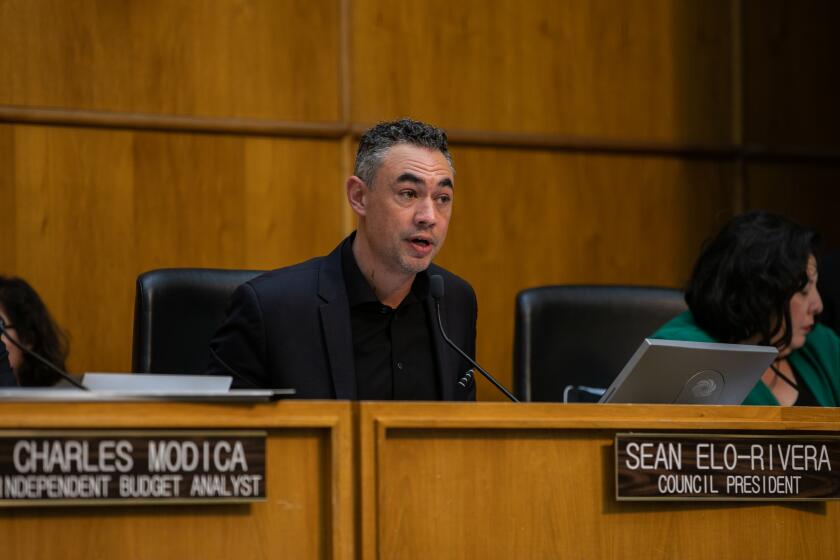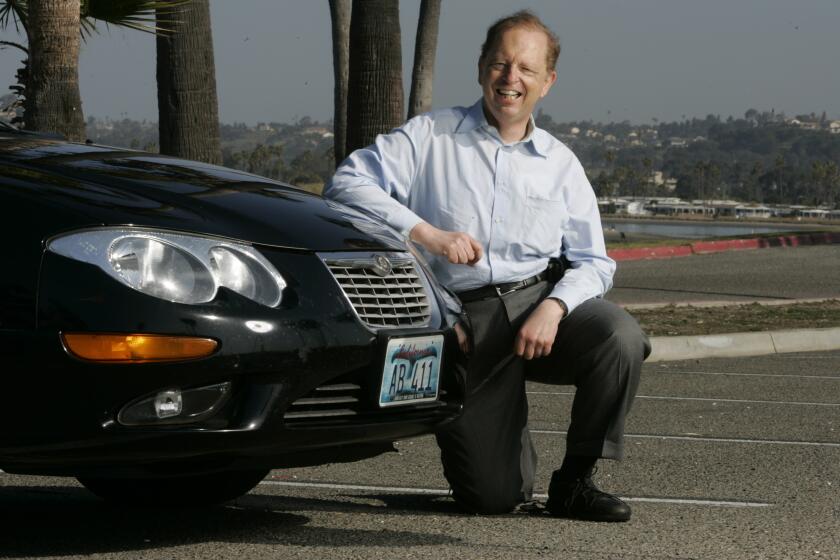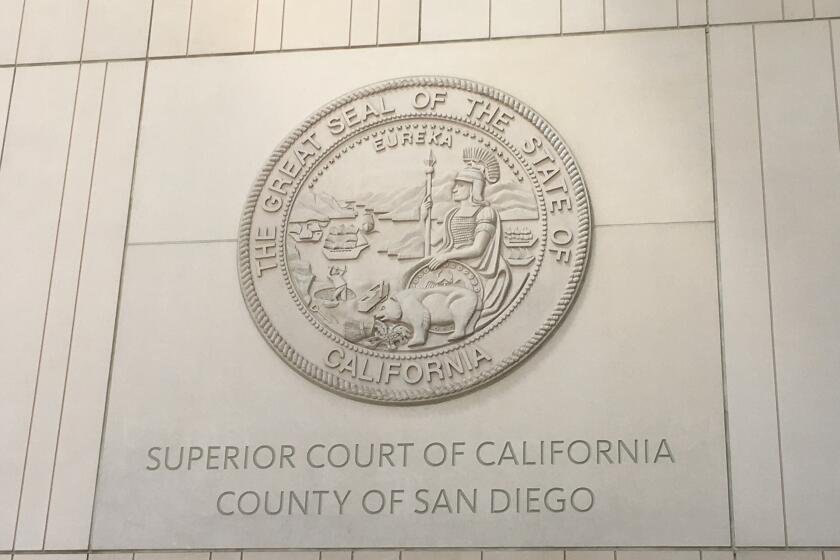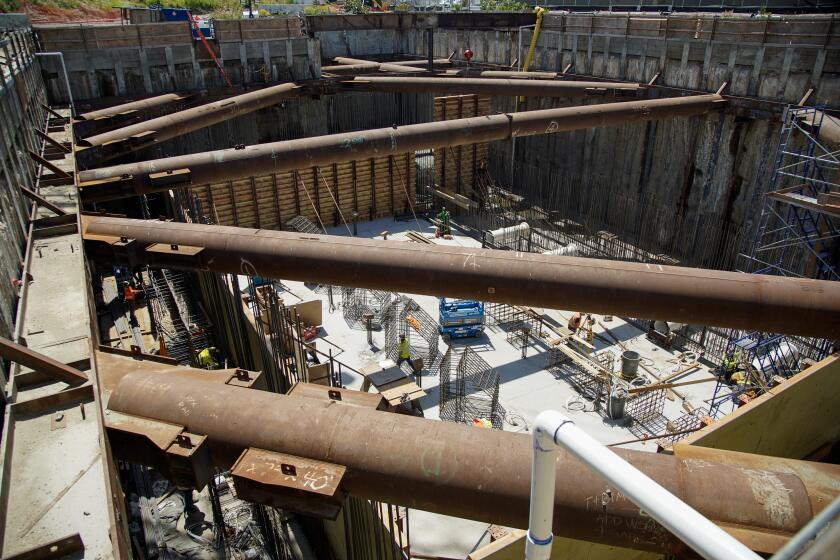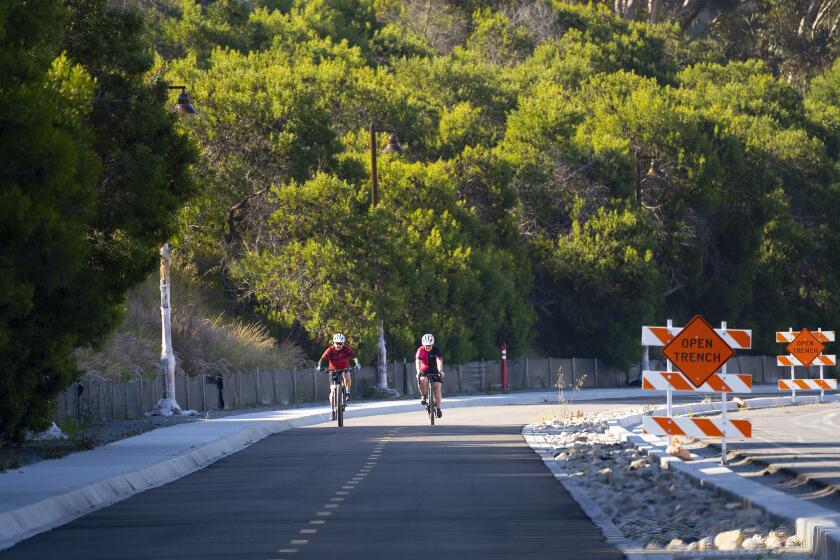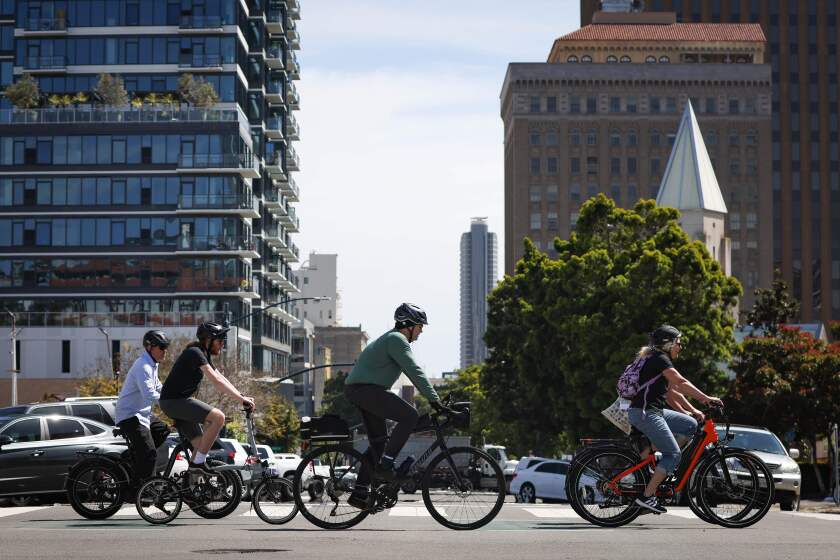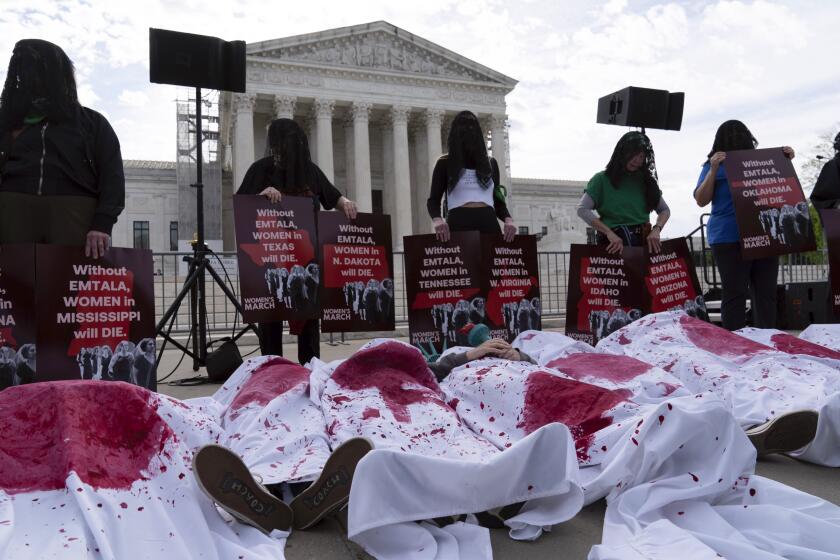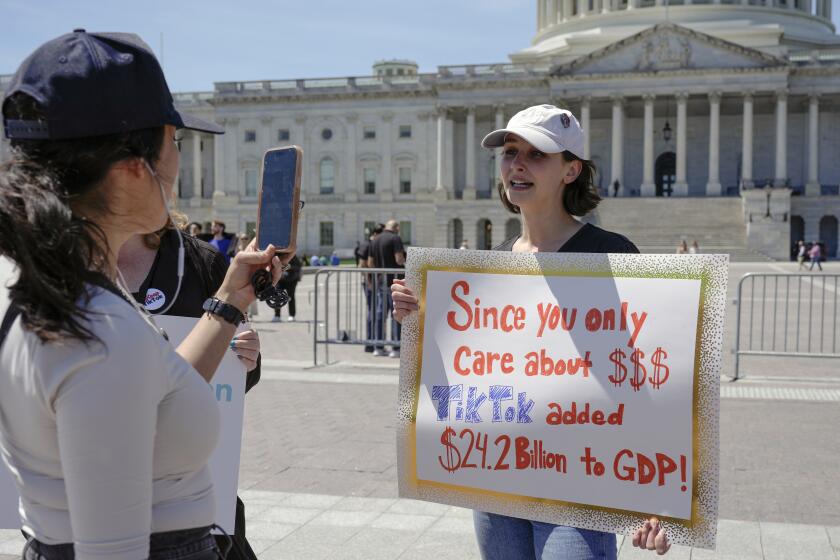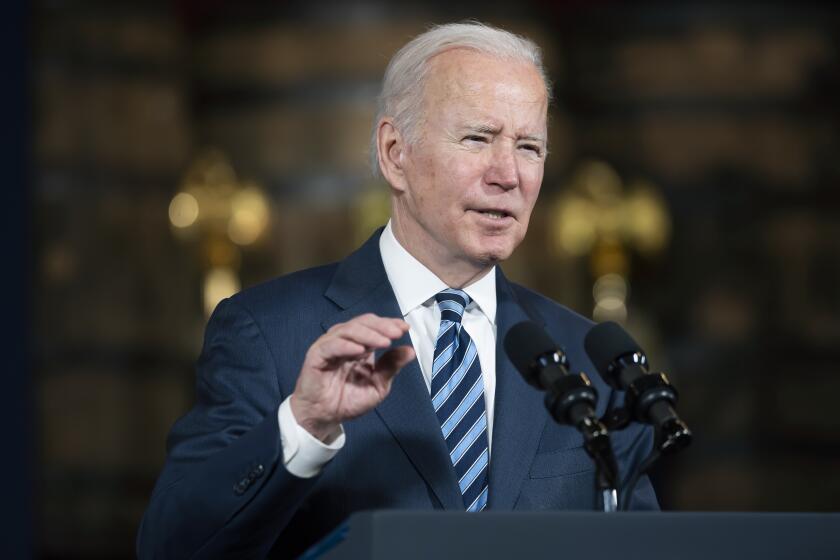San Diego’s Pure Water sewage recycling system ready for construction with all hurdles cleared
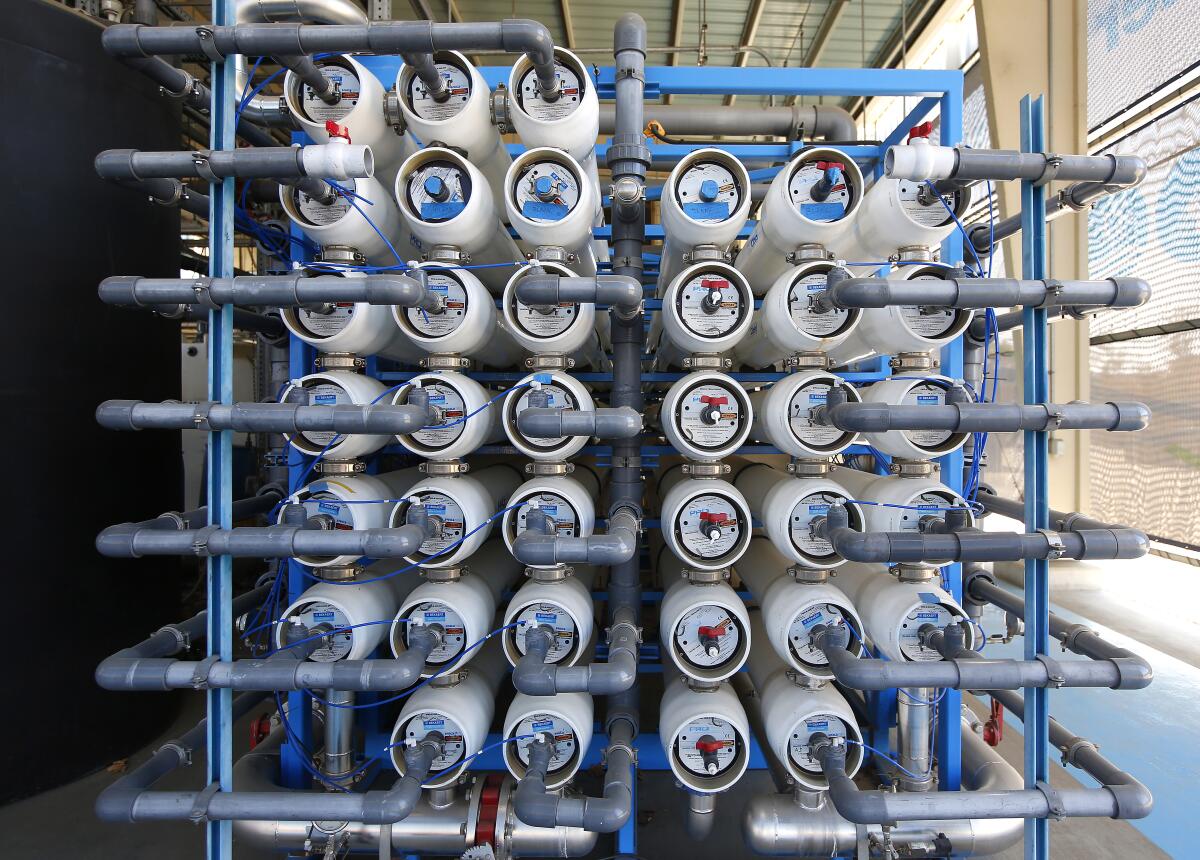
City also moving forward with plans for second phase near airport, regional ‘brine line’ with East County agencies
San Diego is ready to start building the long-awaited Pure Water sewage recycling system, now that city officials have resolved litigation that delayed the project 18 months and increased its estimated cost to $5 billion, city officials say.
Pure Water will boost San Diego’s water independence by recycling 83 million gallons of treated sewage into potable drinking water by 2035.
All regulatory permits have been secured and construction bids are being opened and analyzed for the 10 projects that will make up Pure Water phase one, a large treatment facility slated to open in 2025 near Miramar that will be connected to many miles of pipeline in the northern part of the city.
City officials also are making key decisions for Pure Water phase two, a separate recycling facility near San Diego International Airport that is slated to start operating in 2035 with its own miles of pipeline farther south.
The sewage treated at the phase one Miramar facility will be stored in nearby Lake Miramar reservoir after it is purified. City officials say they must decide whether the sewage purified at the airport facility will be stored in Lake Murray or the San Vicente Reservoir.
A new city analysis projects that the 83 million gallons of recycled water per day Pure Water will produce — 30 million in Miramar and 53 million at the airport — will make up half San Diego’s water supply in 2045.
That’s a sharp increase from previous estimates that Pure Water would provide one-third of the water supply. The higher recycled water ratio is the result of conservation; annual water use in San Diego has shrunk by nearly one-third since 2007.
San Diego also is negotiating a deal to jointly construct a “regional brine line” with East County water agencies that are building a separate sewage recycling facility near Lake Jennings. The brine line would remove “residuals” from the recycling process.
The litigation that delayed Pure Water moved the projected date of completion for phase one from 2023 to 2025. It also increased the roughly $1 billion price tag for phase one by $4 million a month — or $70 million total — because construction costs rose during the delay.
Initially described as a $3 billion project when the City Council first approved the concept in 2014, the entire Pure Water plan is now projected to cost $5 billion.
The cost of the system will be passed onto the city’s water and sewer ratepayers, who will benefit from the greater water independence Pure Water will create by giving drought-vulnerable San Diego its own reliable, local water supply.
Without Pure Water, ratepayers would have to foot the bill to expand the Point Loma sewage treatment plant, which could be even more expensive, and would be vulnerable to sharp price increases for imported water, city officials say.
The litigation, filed by the Associated General Contractors, focused on the use of unionized labor to build the Pure Water system. The AGC, made up primarily of non-union contractors, objected that some of the bids were open only to union contractors.
City explores multiple solutions for Pure Water, which aims to boost local water independence
The city solved the problem with its first-ever “project labor agreement,” a pact that favors union workers. But the city PLA allows both union and non-union contractors to submit bids.
The PLA hasn’t been approved by the City Council, but its conditions have been incorporated into each of the phase one construction bid packages, city officials say.
The council in November approved a $200,000 settlement with the AGC that ended all ongoing litigation and prohibits the AGC from filing any new litigation based on Pure Water labor issues.
Pact, plus recent court victory, prompt city to resume soliciting bids for long-awaited sewage recycling system
With a legal settlement looking likely last August, city officials began soliciting bids for the 10 projects included in Pure Water phase one.
City officials say they’ve been pleased with the submitted bids, noting that they received four bids for the main recycling plant, four bids for the Morena Boulevard north pipelines and six bids for the Morena pump station.
The lowest bid on the main recycling plant, the largest construction contract of phase one, was below the engineer’s estimate.
The submitted bids are being reviewed for compliance. John Stufflebean, the city official spearheading the project, said specific construction timelines will be available when contractors are awarded specific bids.
But city officials say they generally expect construction to begin this spring. They plan to host online meetings soon with all four community working groups in affected neighborhoods: Bay Park/Morena, Clairemont, Scripps Ranch/Miramar and University City.
In April 2020, the city agreed to build seven medians in University City to settle a lawsuit filed by residents of that neighborhood over the location of the pipeline.
City’s sewage recycling system still facing separate litigation filed by local contractors
The neighborhood meetings this spring will include introductions to the construction contractors and discussion of outreach plans.
Councilman Joe LaCava, whose district includes University City, said it’s crucial that residents and community leaders get advanced notice of construction work and possible road closures to avoid delays to emergency responses.
One potential hurdle to pipeline construction is conflicts between the pipeline route and existing utility lines owned by San Diego Gas & Electric and AT&T.
Stufflebean said the city has adjusted the pipeline route where possible to avoid conflicts, but at least five conflicts remain on the proposed Morena pipeline route.
The city has filed a lawsuit that seeks to force SDG&E to honor its franchise agreement with the city, which requires the company to move its equipment in the public right of way if it interferes with a government function.
On Pure Water phase two, city officials are ready to break ground on a “demonstration facility” just west of the airport that will operate for at least one year as a precursor to a much larger sewage recycling plant nearby, Stufflebean said.
The site for the larger sewage recycling plant has not been decided, he said. Phase two, which won’t be completed until 2035, requires comprehensive environmental analysis, several permits and the securing of state and federal financial contributions.
Get Essential San Diego, weekday mornings
Get top headlines from the Union-Tribune in your inbox weekday mornings, including top news, local, sports, business, entertainment and opinion.
You may occasionally receive promotional content from the San Diego Union-Tribune.

